Nusa Dua,, Indonesia, MINA — The unity forged after the 2008 financial crisis was in short supply at the Group of 20 finance ministers meeting that ended here Friday, as nations clashed over trade tensions, sinking stocks and excessive debt that endanger the global economy, Asian NIkkei Review reported.
“All these troubles in the world economy are enough to make us feel like saying: ‘Winter is Coming,'” Indonesian President Joko Widodo, from the G-20’s host nation, said on Friday, in a reference to a popular line from the hit TV series “Game of Thrones.”
Also Read: Saudi Arabia Wins Bid to Host World Expo 2030
The bloody power struggles among fantasy kingdoms is not unlike the trade war waged between the U.S. and China, which many fear has begun to cloud the global economy. The International Monetary Fund estimated this month that world trade will grow about 3.7% this year and next year — down 0.2 percentage point from its April forecast.
The agenda was complicated from the start Thursday. Some countries, like Japan, insisted that trade tensions were increasing risks to the global economy, while U.S. Treasury Secretary Steven Mnuchin shot this down and said his country could not neglect imbalances in international payments. Mnuchin reaffirmed Washington’s commitment to reducing its trade deficit with China and others through bilateral negotiations.
Under such a backdrop, the G-20 failed to issue a joint statement. Amid global stock market turmoil, triggered by the sharp drop in the Dow Jones Industrial Average, the G-20 could not form a consensus on financial risks.
“Rising U.S. interest rates were behind the sharp selloff in stocks worldwide,” Japanese Finance Minister Taro Aso said here Thursday.
Also Read: 148 Products from Indonesia Promoted at Sarawat Superstore Jeddah
“The fundamentals are still very strong,” said Mnuchin, who took a different view of the U.S. economy. America appears to be the sole success story among major economies as unemployment there reaches its lowest level in 48 years.
Argentine Finance Minister Nicolas Dujovne, who chaired the two-day meeting, said it was up to the countries dueling over trade to resolve the tensions directly. “The differences that still persist should be resolved by the members that are directly involved in the tensions,” he said. But no progress in that direction was evident at the gathering.
Performing above its capability
Also Read: Packaging Industry Supports Halal Ecosystem
The U.S. is sticking to its own path. Mnuchin met with People’s Bank of China Gov. Yi Gang Thursday to discuss the weak yuan and other currency issues.
An IMF official said the U.S. boom fueled by a $1.5 trillion tax break over the next decade is “unsustainable.” With the benefits of the tax cuts expected to wane from the second half of 2019, investors believe the U.S. economy is performing above its capability. Higher interest rates are also compounding the tax cut’s impact on U.S. finances, yet the Trump administration is untroubled by the possible side effects.
Excessive debt built up since the 2008 financial crisis is also hurting emerging economies as their currencies soften. Pakistan’s finance minister also formally asked for an IMF bailout on the sidelines of meetings here Thursday.
Emerging nations’ dollar-denominated debt, excluding banks, has swelled 130% in the last decade, chiefly from China’s borrowing. When the U.S. raises interest rates, it becomes even more costly for emerging nations to repay these loans.
Also Read: Indonesia-Japan Agree on Energy Transition Cooperation
Roughly half of the G-20 countries have started to raise their own interest rates to guard against further currency weakening. Should this dampen the global economy, however, it could ramp up a vicious cycle that further softens emerging market currencies.
Furthermore, the trade war is delaying investment decisions by private-sector companies, Bank of Thailand Gov. Veerathai Santiprabhob said.
A decade ago, it was the G-20 that led the global response to the 2008 financial crisis. The emerging rivalries among members look to be damaging the group’s ability to cope with today’s challenges. (T/RS5/RS1)
Mi’raj Islamic News Agency (MINA)
Also Read: Dubai Expo 2020 Holds Special Event for Palestine





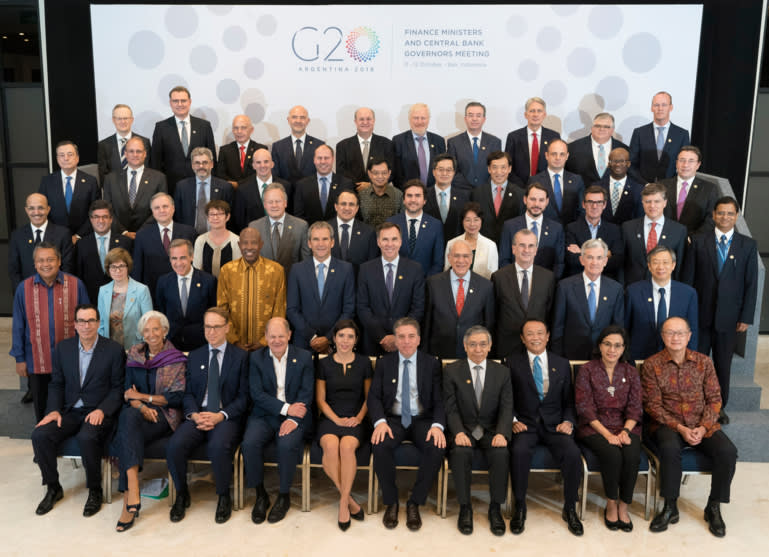

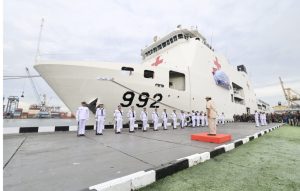







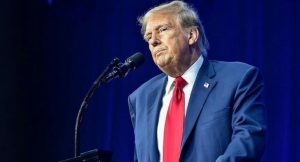
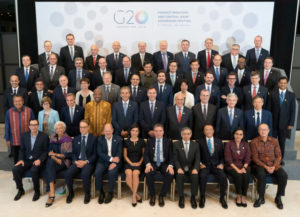
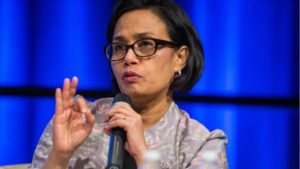
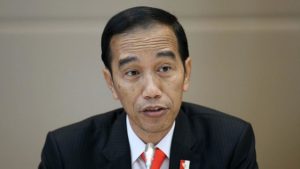
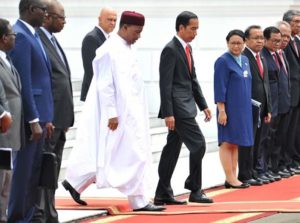















 Mina Indonesia
Mina Indonesia Mina Arabic
Mina Arabic